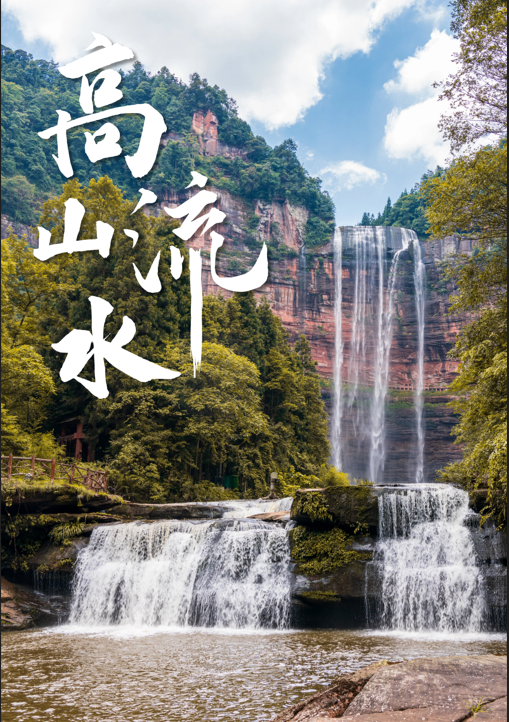
Chinese idioms or chengyu in Chinese, are an invaluable heritage and deeply rooted in traditional culture in China, making the Chinese language more powerful, more functional and therefore, more fascinating.
In 500 years of traditional Chinese culture, they have become sparkling jewels of the Chinese language. Concise, lively and expressive, they also represent a pile of historical facts and rich ethnic cultures. They allow us to better understand China's long history, eminent wisdom and eternal language.
Deep in content, Chinese idioms boil down to a succinct sentence or figurative expression that is generally widely understood due to its ordinary usage.
Most consist of four Chinese characters, although some contain three and a few consist of five or more characters.
An estimated 30,000 idioms are recorded during Chinese history. Among them, the most recent dates back to the Warring States period (475-221 BC). Different books present varied collections of the most common and popular idioms used in everyday life. For example, Song Yongpei's Dictionary of Chinese Idioms , published in 2,000, contains some 1,000 idioms.
Many idioms come from classical tales of Confucianism, Taoism and Buddhism. The teachings of these three religions have produced a rich and deep system of values that have established themselves as the moral principles of traditional Chinese culture, such as veneration for the divine, benevolence, righteousness, propriety, wisdom.
Compared with the definition of "idiom" in French, Chinese idioms carry more historical colors and more historical allusions, especially those derived from fables and legends.
It is actually difficult to find exactly equivalents in French or other languages for these idioms that describe and represent much more through analogy.
For example, the idiom 高山流水 (gāo shān liú shuǐ) literally translated as "high mountain and flowing water" comes from a story of dear friendship between a musician and a lumberjack, two faithful friends who truly understood and appreciated each other. This refers to two pieces of music played by the musician to his friend who immediately understood the meaning.
At the same time, Chinese idioms accurately and dynamically describe the views of the Chinese people on life, society, and other philosophical principles. For example, 明辨是非 (míng biàn shì fēi) which is literally translated as "clearly distinguishing right from bad" is meant for the importance of clearly discerning between good and bad.
Chinese idioms constitute a rich literary heritage of Chinese civilization that represents the essence of language, the wisdom of a people and a microcosm of history.
They embody the intrinsic nature of traditional Chinese culture and the evolution of Chinese humanist thought, over thousands of years of history, allowing traditional Chinese principles of morality to take deep root in people's minds.
For more details on Chinese culture, please scan the QR code below:








